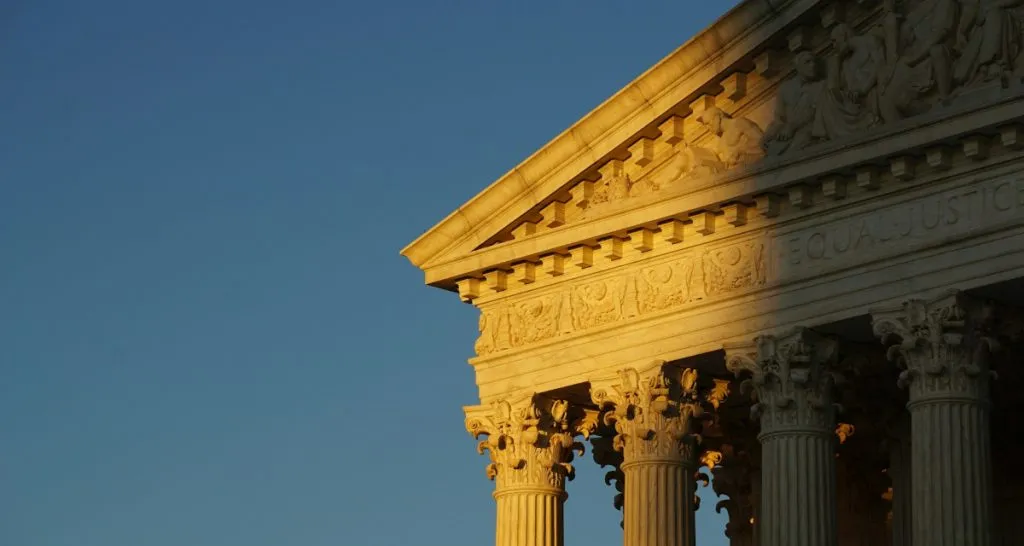
Grande Communications is doubling down on questions about ISP liability for subscribers’ repeat infringement. Photo Credit: Ian Hutchinson
Should ISPs be liable for contributory damages if they provide service to repeat infringers? And are they compelled to terminate an account if it’s the subject of two related notices? Grande Communications is asking the Supreme Court to weigh in on the multibillion-dollar questions.
Technically, Grande submitted its cert petition back in March, and the major labels responded in May. But the Princeton-headquartered internet company recently replied to the music-industry plaintiffs’ retort, and the overarching courtroom confrontation has been dragging on for years.
We’re now coming up on the third anniversary of an almost $47 million jury judgement against Grande, which allegedly failed to muster an adequate response to repeat infringement. In this particular case – one of many similar actions levied by the majors against ISPs – that refers to alleged infringement attributable to roughly 15,000 customers.
As emphasized by Grande in its newest Supreme Court filing, “repeat infringement” can mean just two related notices per relevant subscriber. Of the mentioned customers, “[o]ver one-third had fewer than five notices,” per the company, while “multiple works in suit involved users with only two notices.”
Consequently, at least as the ISP sees things, there’s a lack of legal guidance for handling repeat infringers – especially when deciding whether infringement is “egregious” and grounds for terminating accounts outright.
“Aside from being divorced from reality,” Grande wrote, “respondents’ new theory is also half-baked. What exactly is ‘egregious’ infringement? Respondents never say. If not two notices, where is the threshold? Maybe 10 notices? 20? 50? 500? Respondents never even try to define where their line exists. And the reason for that failure is obvious: any number above two is inherently arbitrary.”
Following the point to its logical conclusion, if the threshold for liability “is that ISPs are aware of specific users engaged in specific infringement…then any notice should suffice,” Grande indicated.
“Respondents may not like where that answer takes them— because, absurdly, it indeed demands termination for ‘two alleged infractions,’” the ISP spelled out.
In the bigger picture, this would have far-reaching implications when it comes to internet access in the States, Grande went ahead and drove home.
“And it sets the ground rules nationwide for how ISPs must operate—and whether individuals, families, schools, businesses, and institutions will lose access to the modern online world (despite often doing nothing wrong),” the internet provider summed up.
Time will tell whether the Supreme Court opts to hear the case – though it’s worth reiterating that Grande isn’t the only ISP seeking input from the nation’s highest court.
According to the docket, the Grande petition had in late May been formally submitted for the justices’ consideration during a June 12th conference. However, June 6th brought a single-word “Rescheduled” update, the same source shows.
Copyright, Music Industry News, Music Law
This post was originally authored and published by Dylan Smith Digital Music News via RSS Feed. Join today to get your news feed on Nationwide Report®.































